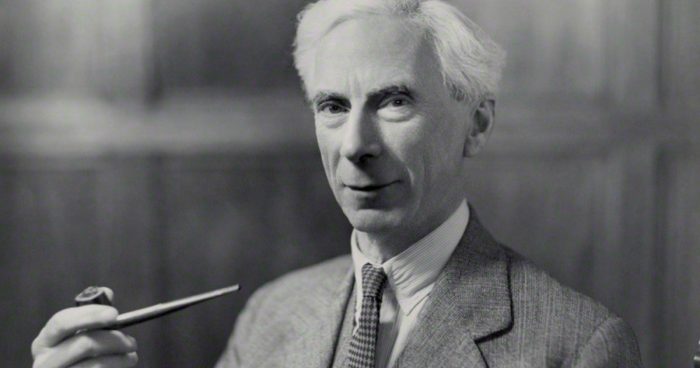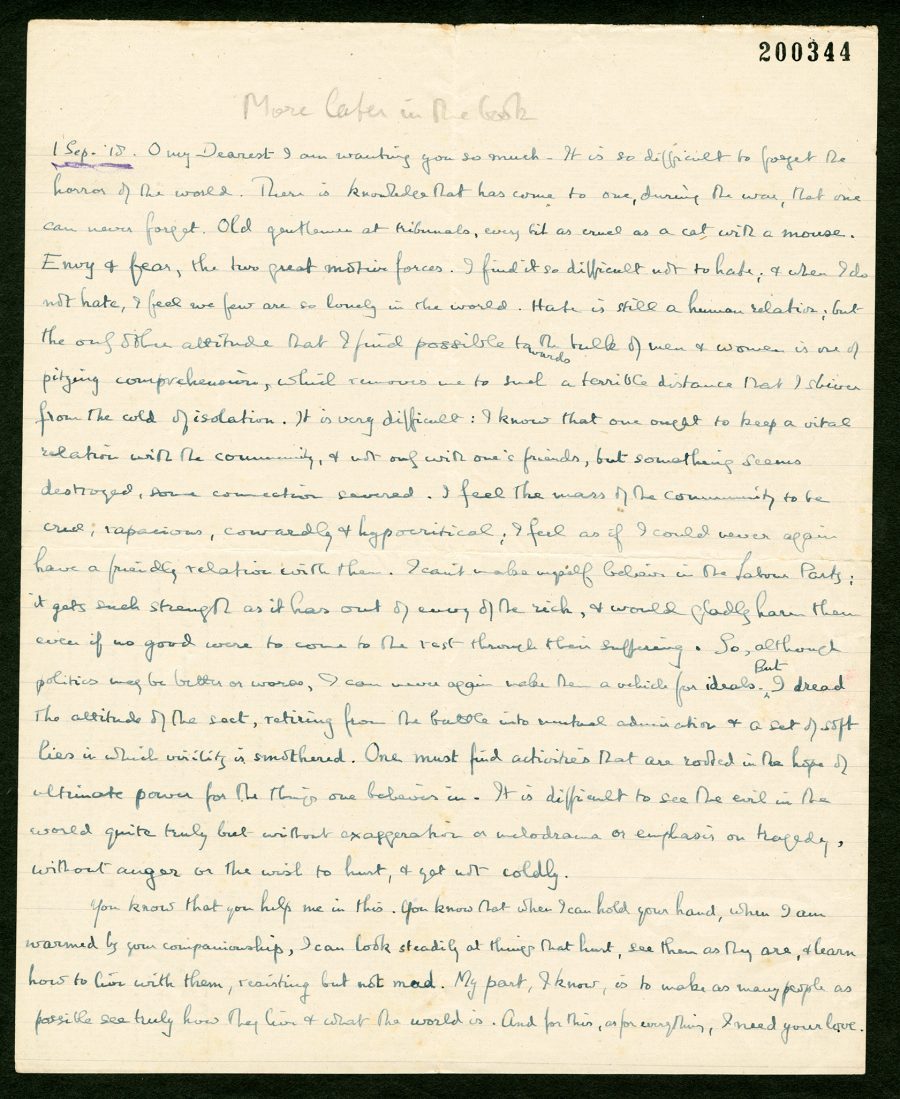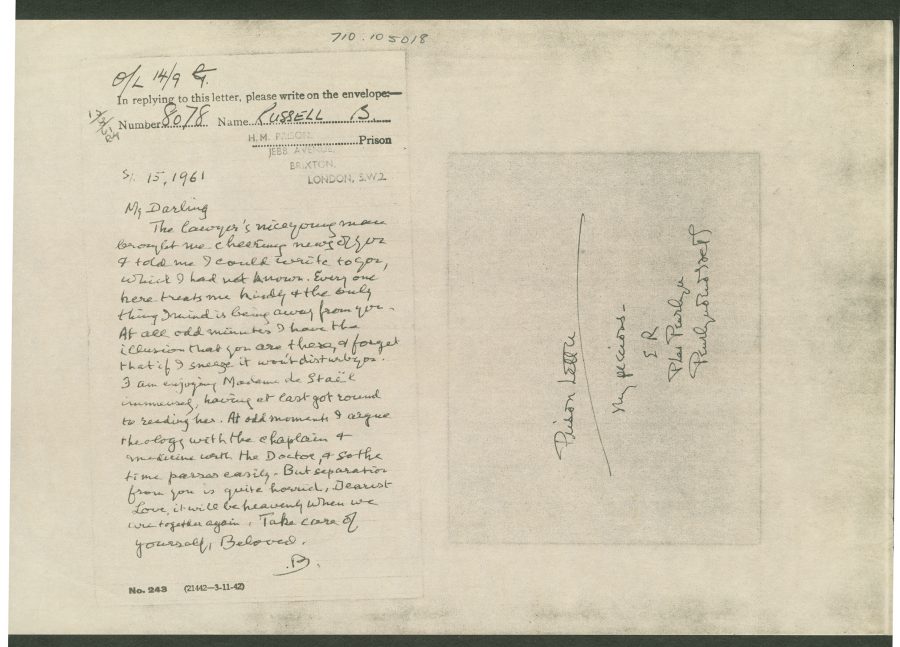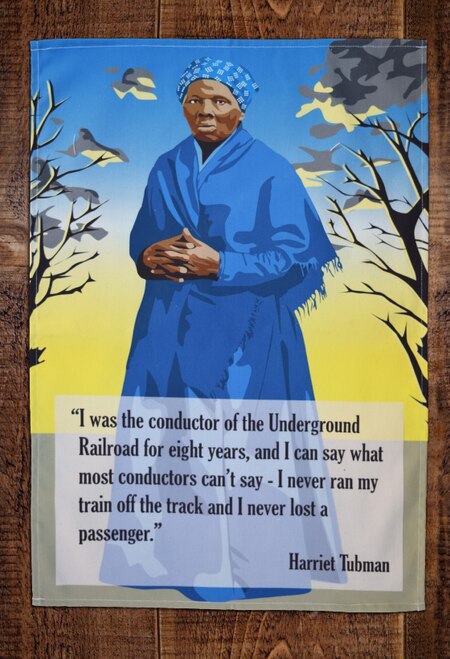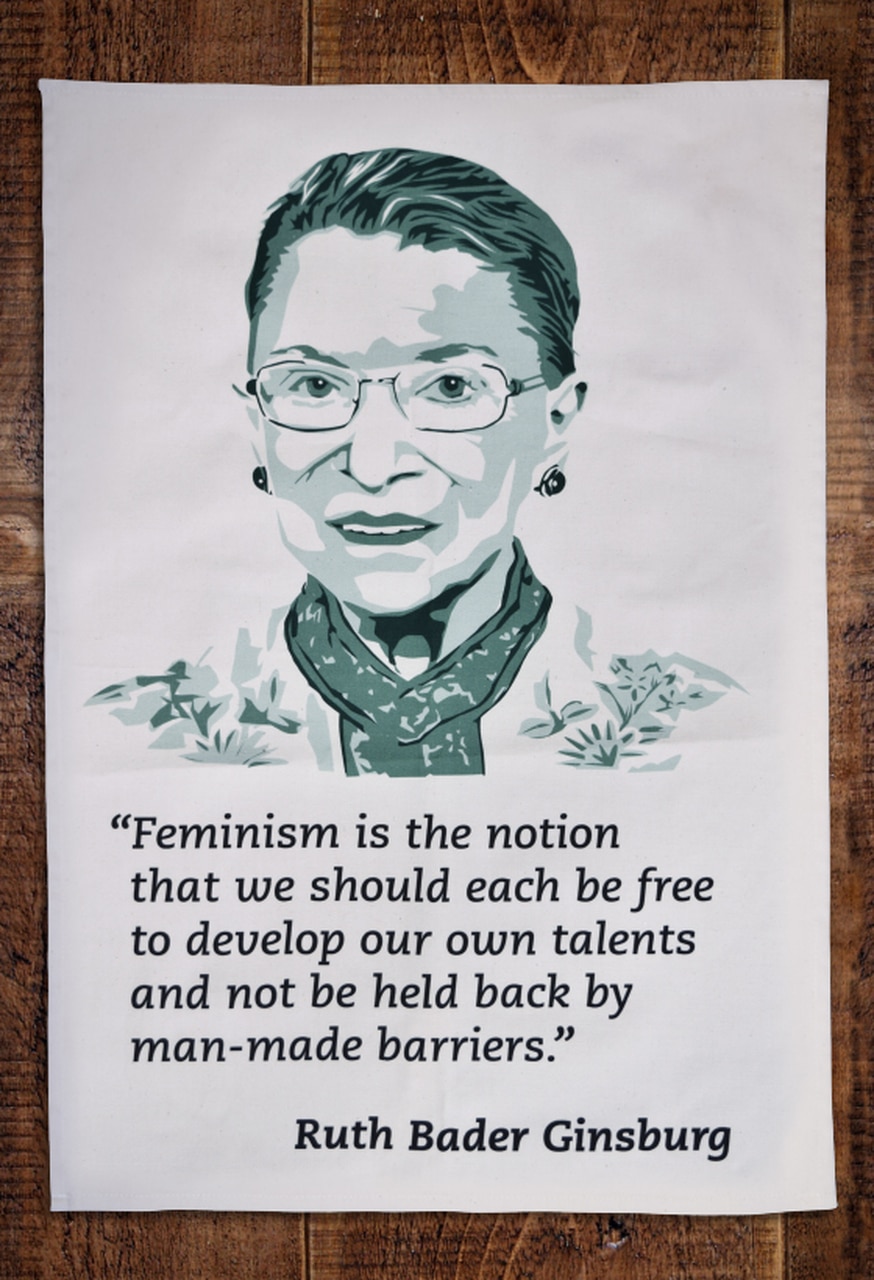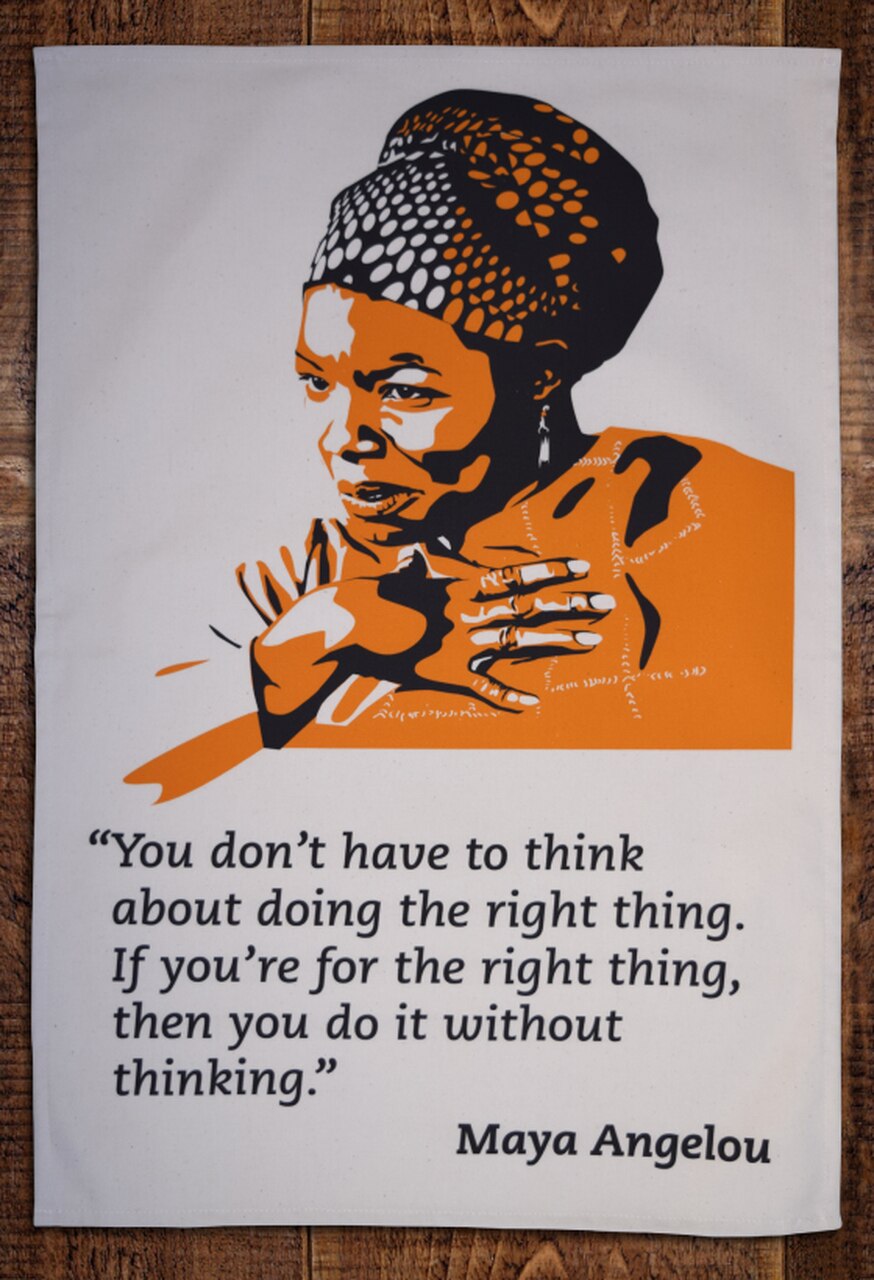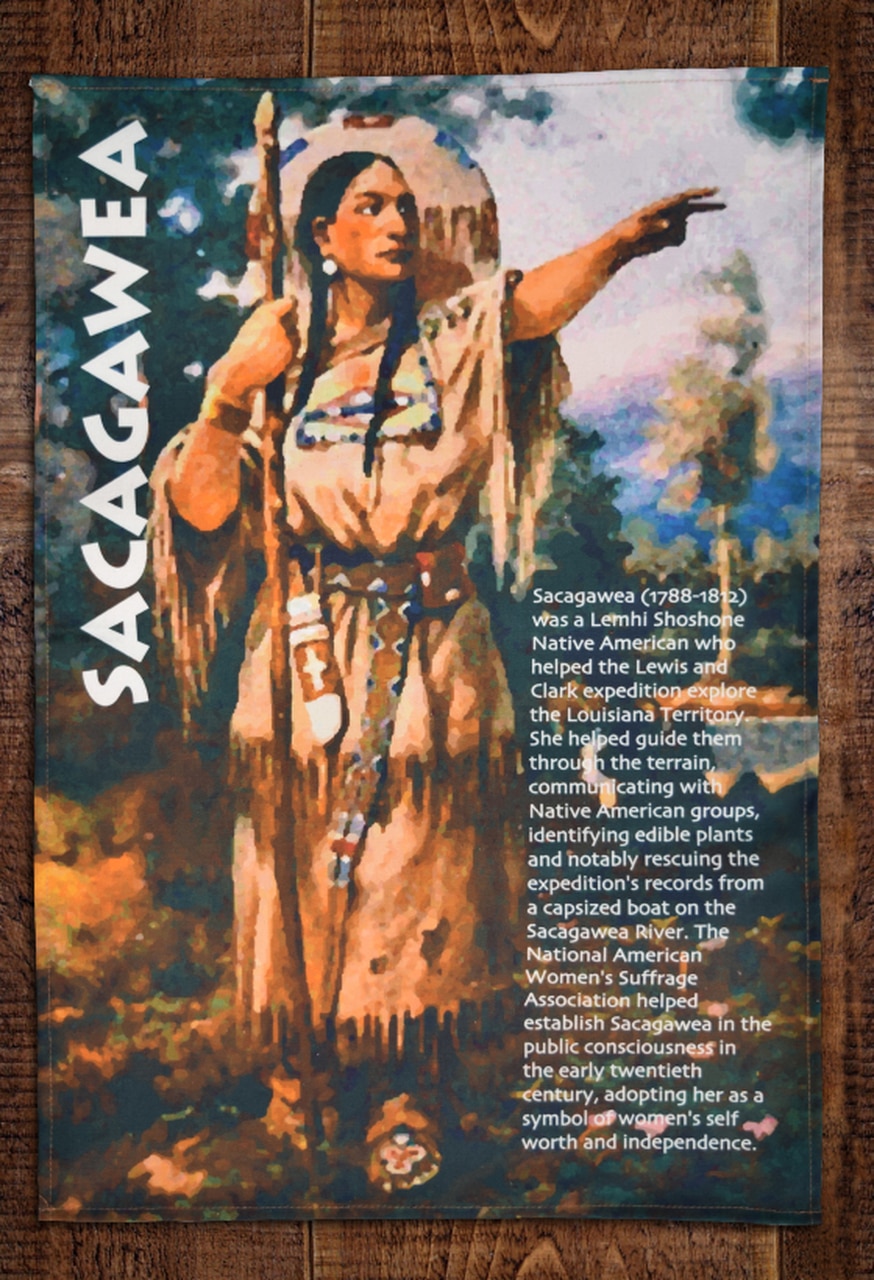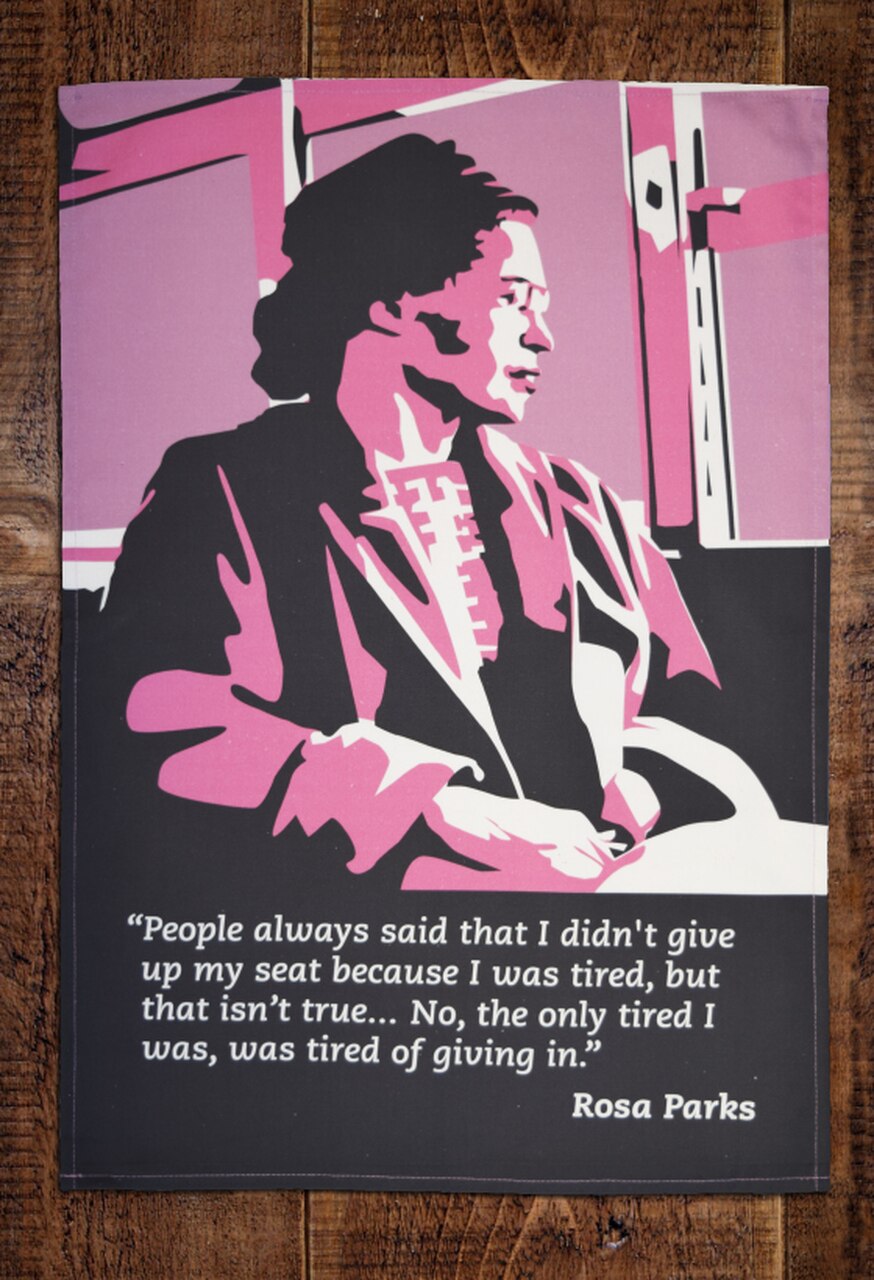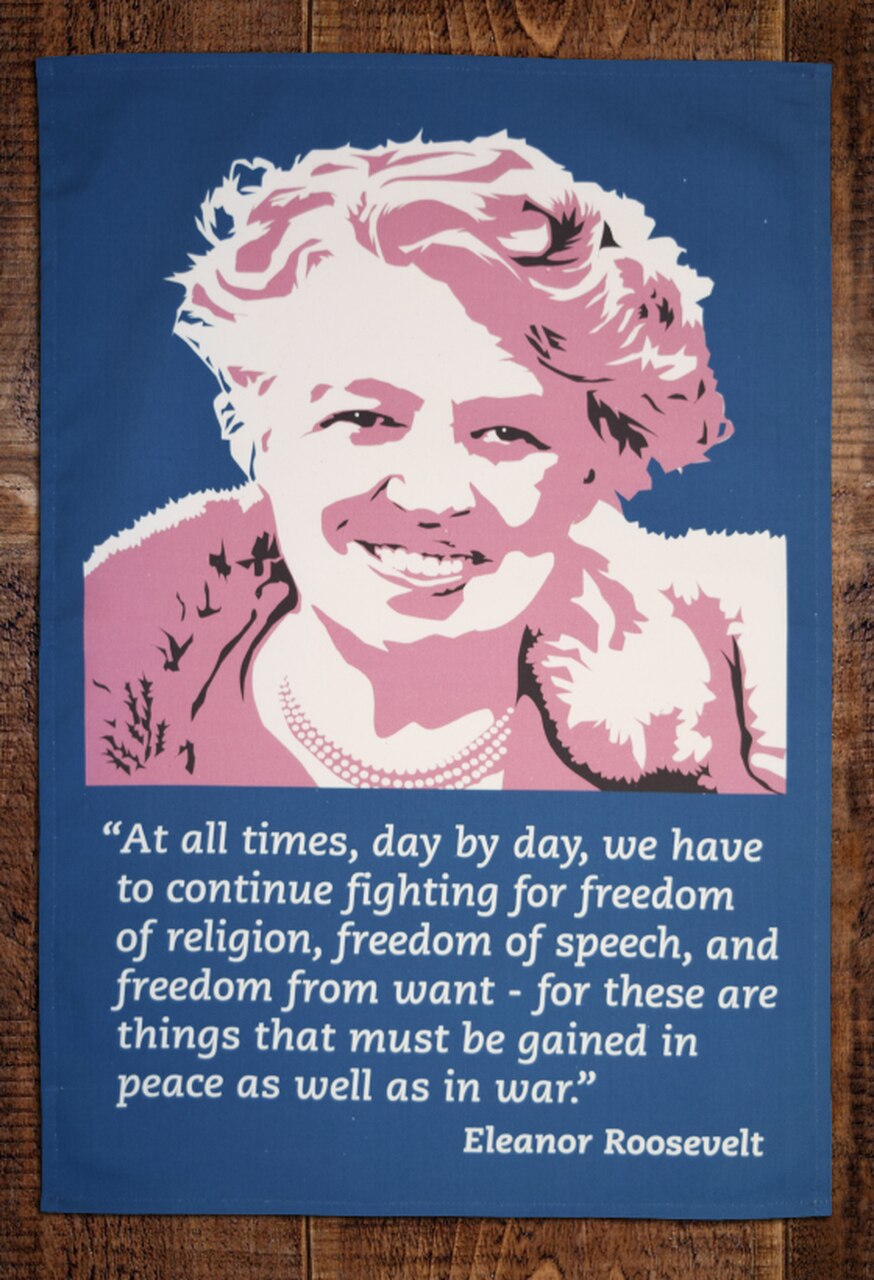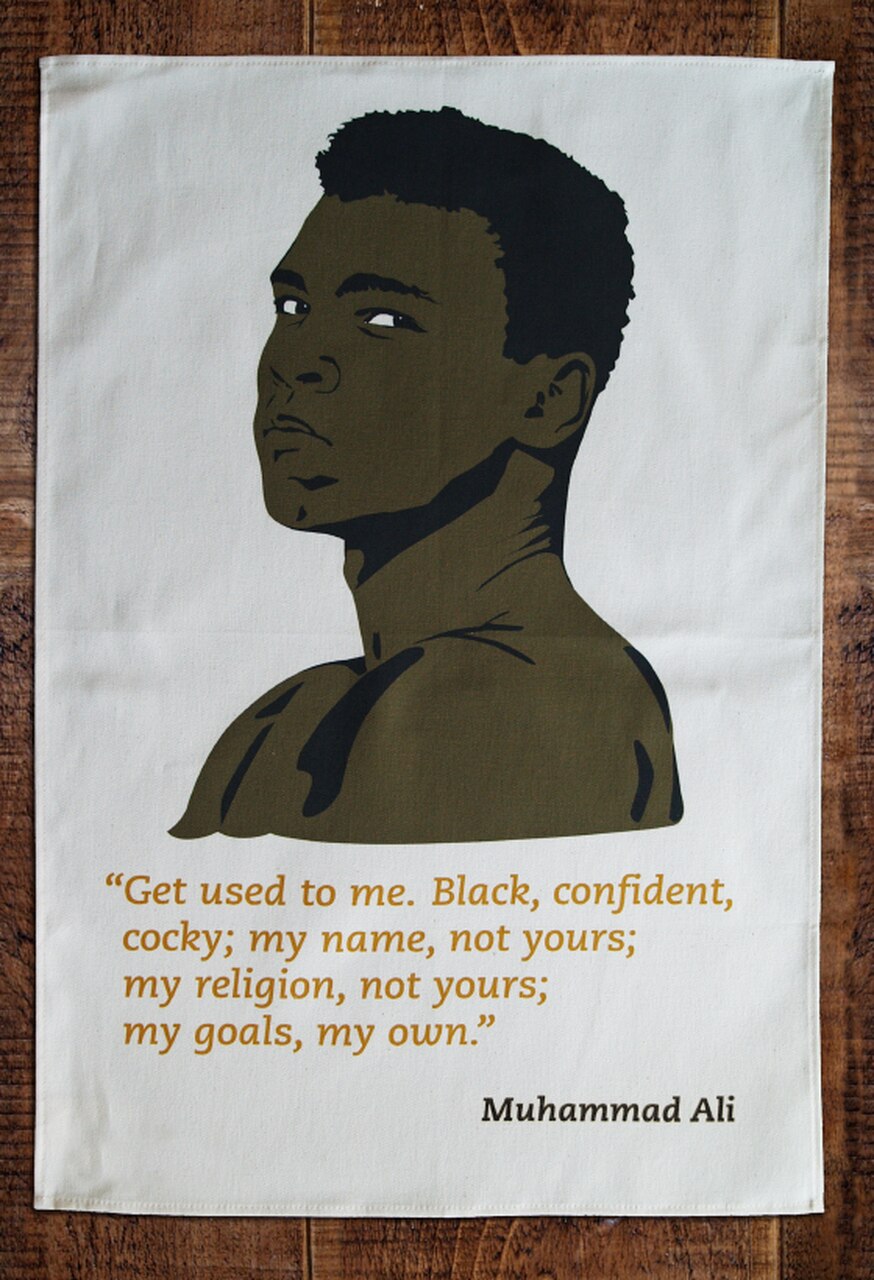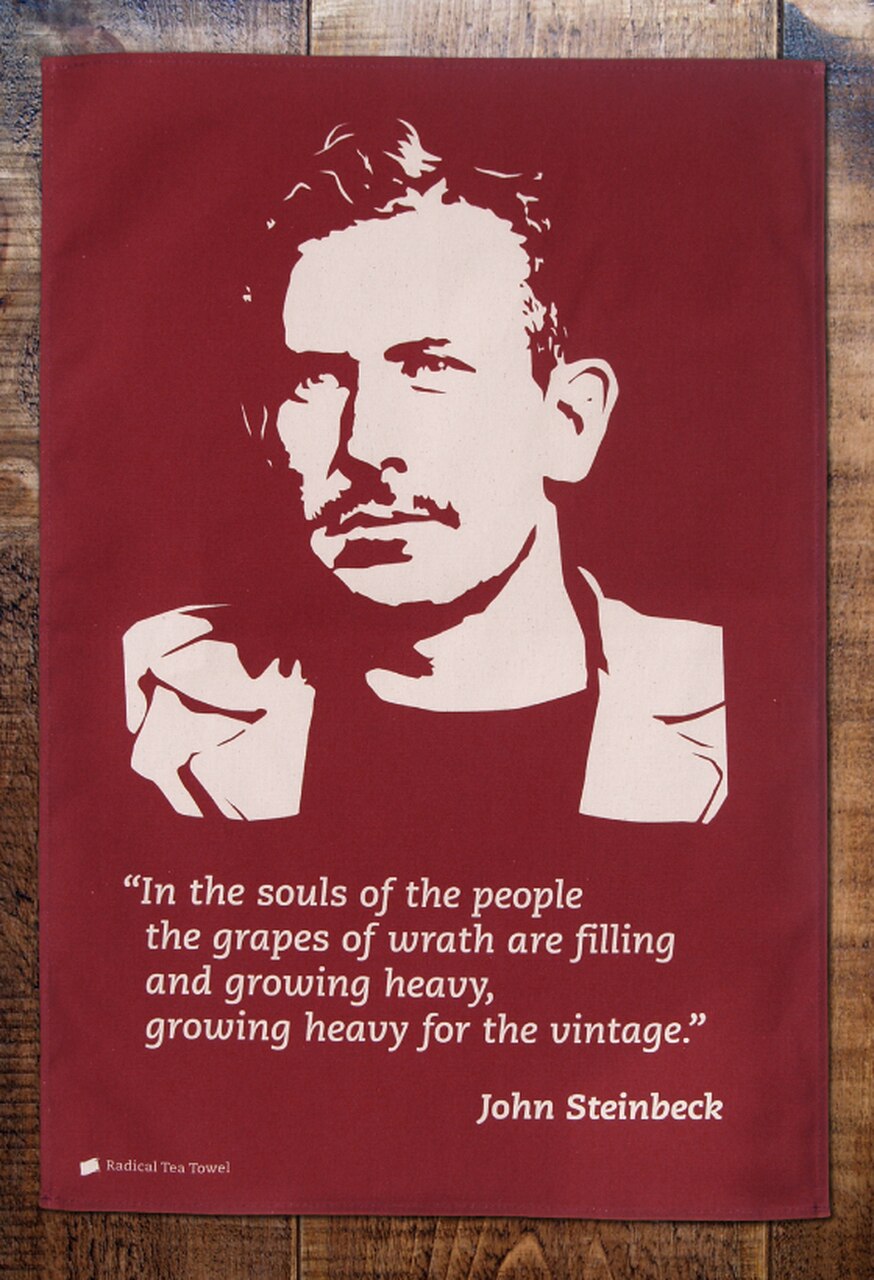If you grew up in the United States of America, you’ll remember the name Eugene V. Debs from history class. And if you grew up during a certain era in the United States of America, you might have learned about Debs from Bernie Sanders. Try to recall one of Debs’ speeches; if you hear it in Sanders’ distinctive Brooklyn accent, you have at some point or another seen Eugene V. Debs: Trade Unionist, Socialist, Revolutionary. A film-strip slideshow with an accompanying audio track, it came out in 1979 as a product of the American People’s Historical Society, Sanders’ own production company.
That venture constitutes just one chapter of a storied life and career, which includes periods as a high-school track star, a folk singer, and the mayor of Burlington, Vermont. Now that Sanders, junior United States Senator from Vermont since 2007, has pulled ahead in the race for the Democratic nomination in the 2020 presidential election, people want to know what he’s all about — and he has long been given, certainly by the standards of U.S. politicians, to clear and frequent expression of what he’s all about. He has made no secret, for example, of his admiration for Debs, a socialist political activist who five times ran for President of the United States. You can see it come through in Eugene V. Debs: Trade Unionist, Socialist, Revolutionary, which Jacobin magazine has reconstructed and made available on Youtube.
Hyperallergic’s Nathan Smith writes that the documentary frames Debs “as a lost prophet before explaining how he ended up where he did ideologically. It opens with Debs’s final presidential campaign, conducted in 1920 from prison. If a million people voted for this man while he was behind bars, if more people went to hear him speak than President Taft, then how could history have forgotten him?” Sanders explains Debs’ socialism “as a response to issues which still resonate today: the exploitation of working people, segregation and violent racism, voting rights, and the suppression of free speech and dissent during World War I.” More so than see Sanders’ admiration for Debs — Jacobin having had to use visuals other than the ones on the film strip at the time — you can hear it: as in all the shoestring productions of the American People’s Historical Society’s shoestring productions, Sanders himself plays the roles of the historical characters involved.
In this case, that means we hear Sanders give Debs’ speeches, and in certain moments we viewers of 2020 could easily mistake Debs’ indictments of the distribution of wealth, goods, and the means of production in America as Sanders’ own. A self-described socialist, Sanders has in his political career placed himself in Debs’ tradition, and having made a documentary like this more than 40 years ago shores up that image. The Washington Post’s Philip Bump points out that, before becoming a U.S. senator, Sanders did a couple more acting jobs in feature films, once as a man stingy with Halloween candy and once as a Dodgers-obsessed rabbi. As much as those roles might have suited his demeanor, it’s safe to say he played Eugene V. Debs with more conviction.
Related Content:
Bernie Sanders: I Will Be an Arts President
Allen Ginsberg’s Handwritten Poem For Bernie Sanders, “Burlington Snow” (1986)
Based in Seoul, Colin Marshall writes and broadcasts on cities, language, and culture. His projects include the book The Stateless City: a Walk through 21st-Century Los Angeles and the video series The City in Cinema. Follow him on Twitter at @colinmarshall or on Facebook.
